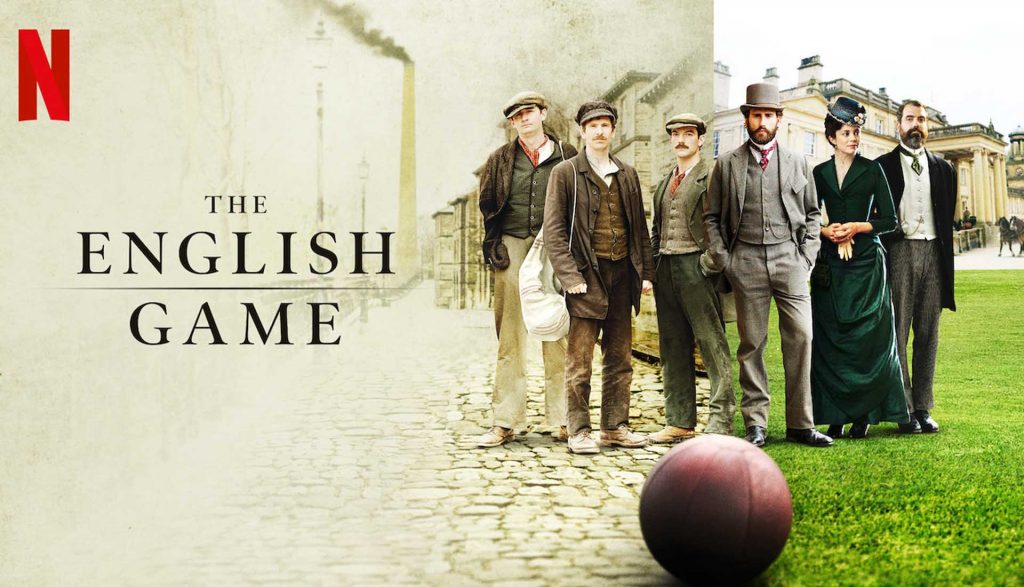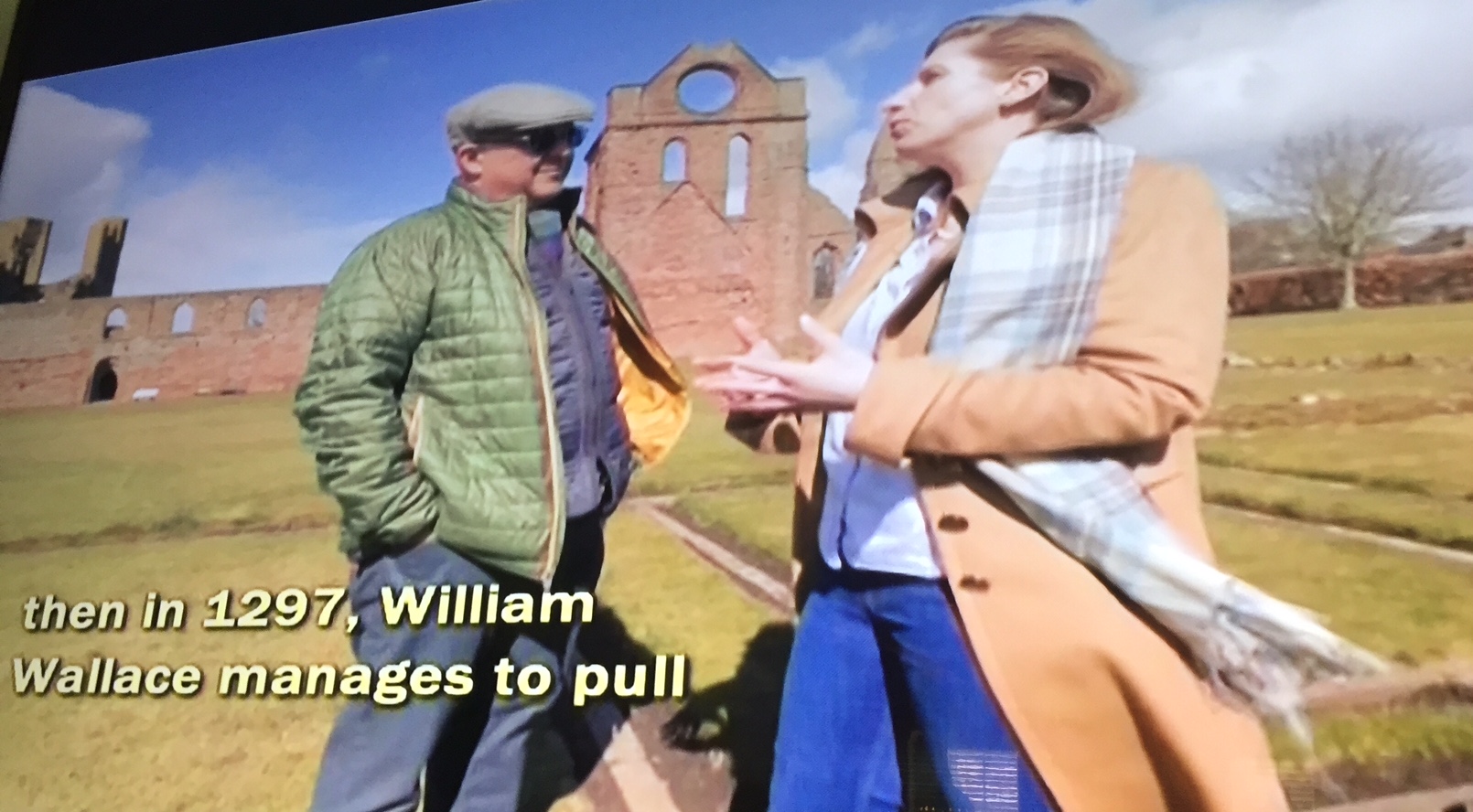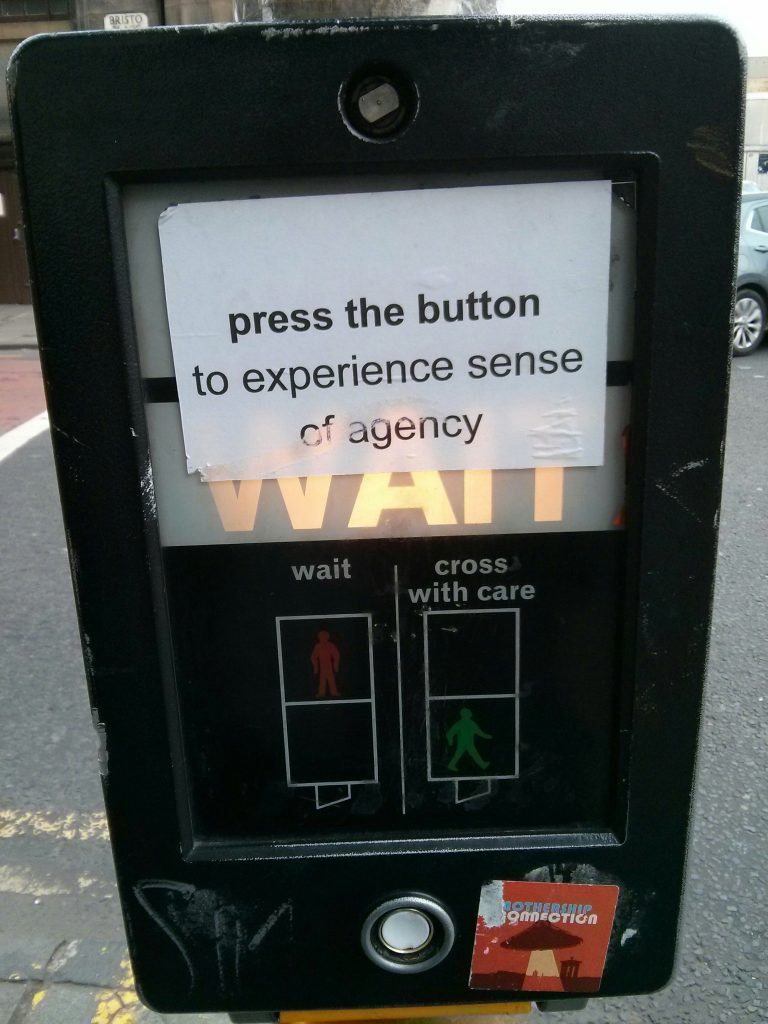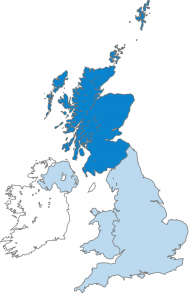
Being a fan of both soccer and Downton Abbey, I decided to check out one of Julian Fellowes’s recent productions, The English Game. The Netflix miniseries, which aired in March 2020, is about the birth of football (or what we here in the US call soccer). The feel-good, wholesome show is set in 1879 and tells the story (with some embellishments, of course) of how a working-class team challenged and disrupted a gentlemen’s game. Take a look at the trailer…
The show opens with the historic 1879 Football Association (FA) Cup quarter-finals between the Old Etonians and Darwen FC. The Old Etonians are an amateur team of gentlemen, captained by Arthur Kinnaird (Edward Holcroft), the 11th Lord of Kinnaird. Darwen FC, on the other hand, are a working-class mill team in Lancashire who have just (illegally) hired Fergus Suter (Kevin Guthrie) and Jimmy Love (James Harkness), two players from Partick, a football club in Scotland. Continue reading “Making Football English, Part I”



 The people of Scotland are voting today to determine whether they should be independent of the United Kingdom or remain within it. (Watch this
The people of Scotland are voting today to determine whether they should be independent of the United Kingdom or remain within it. (Watch this